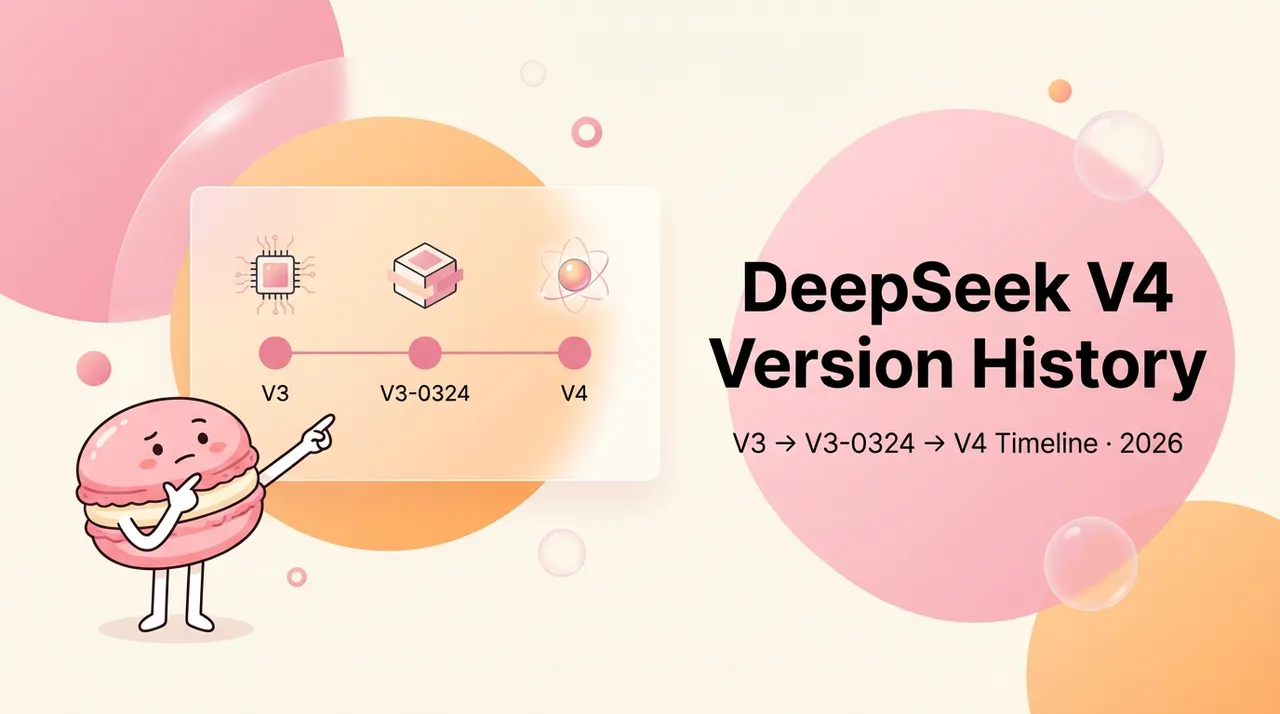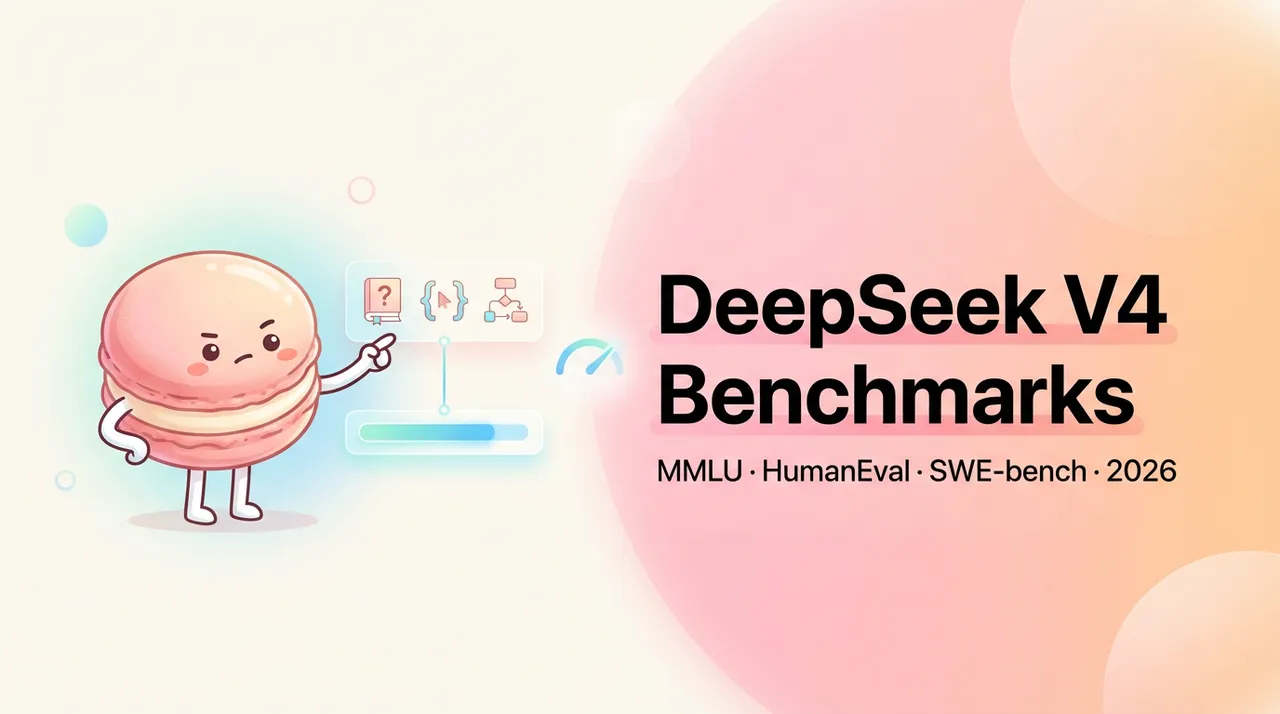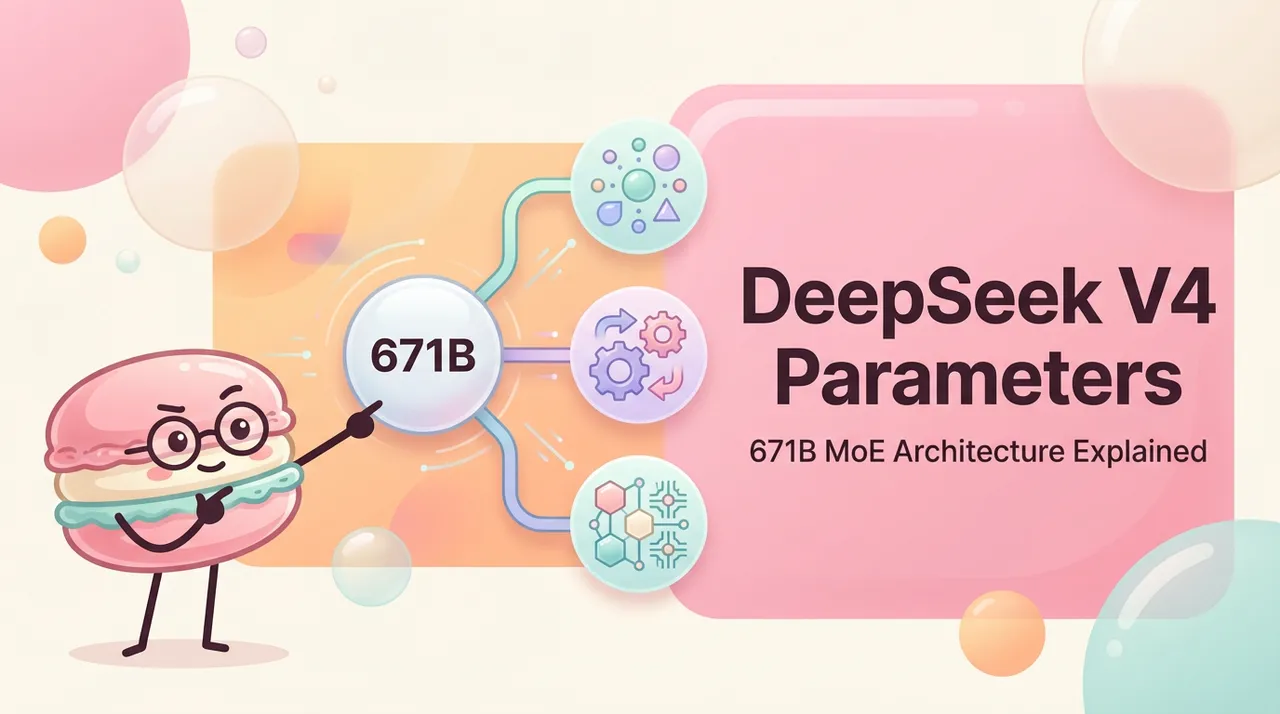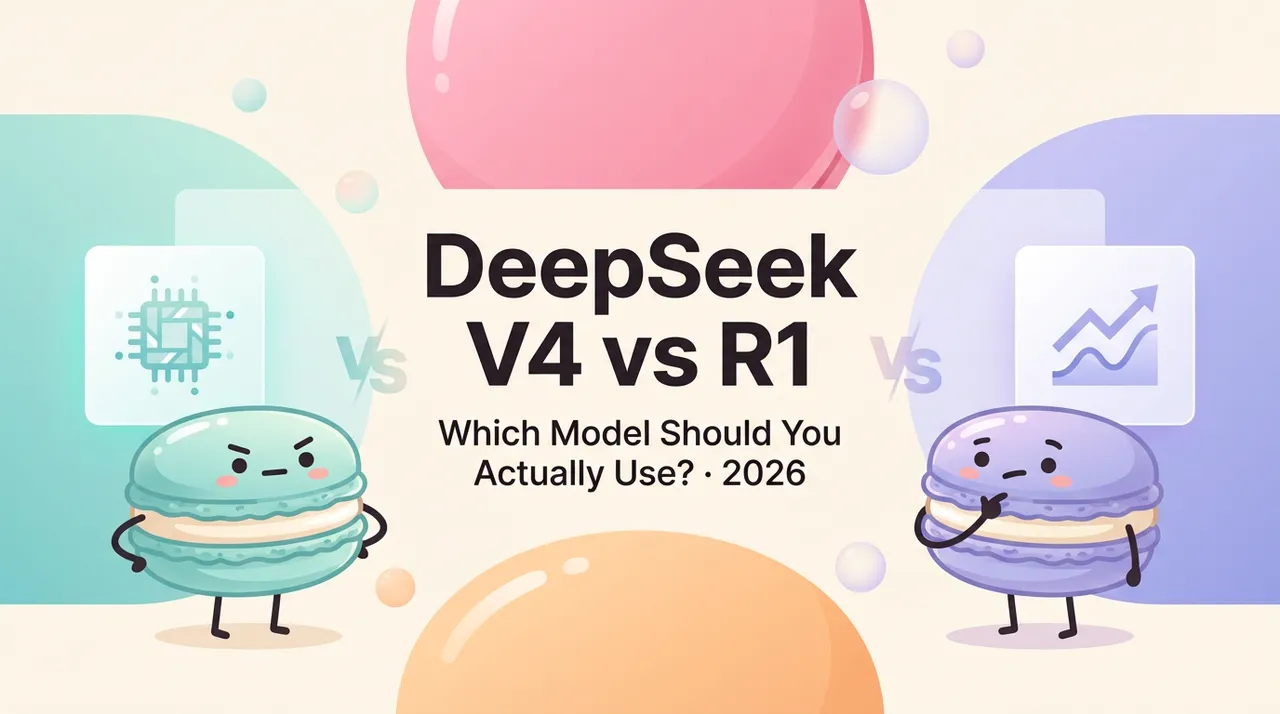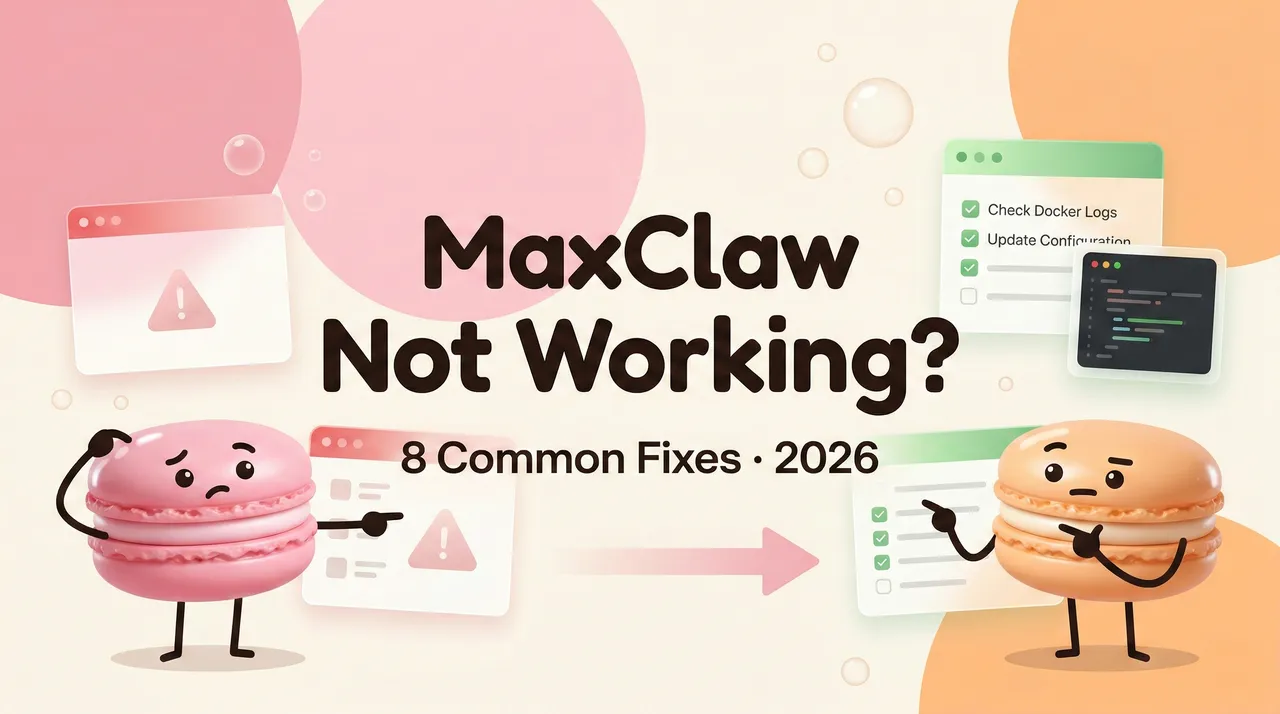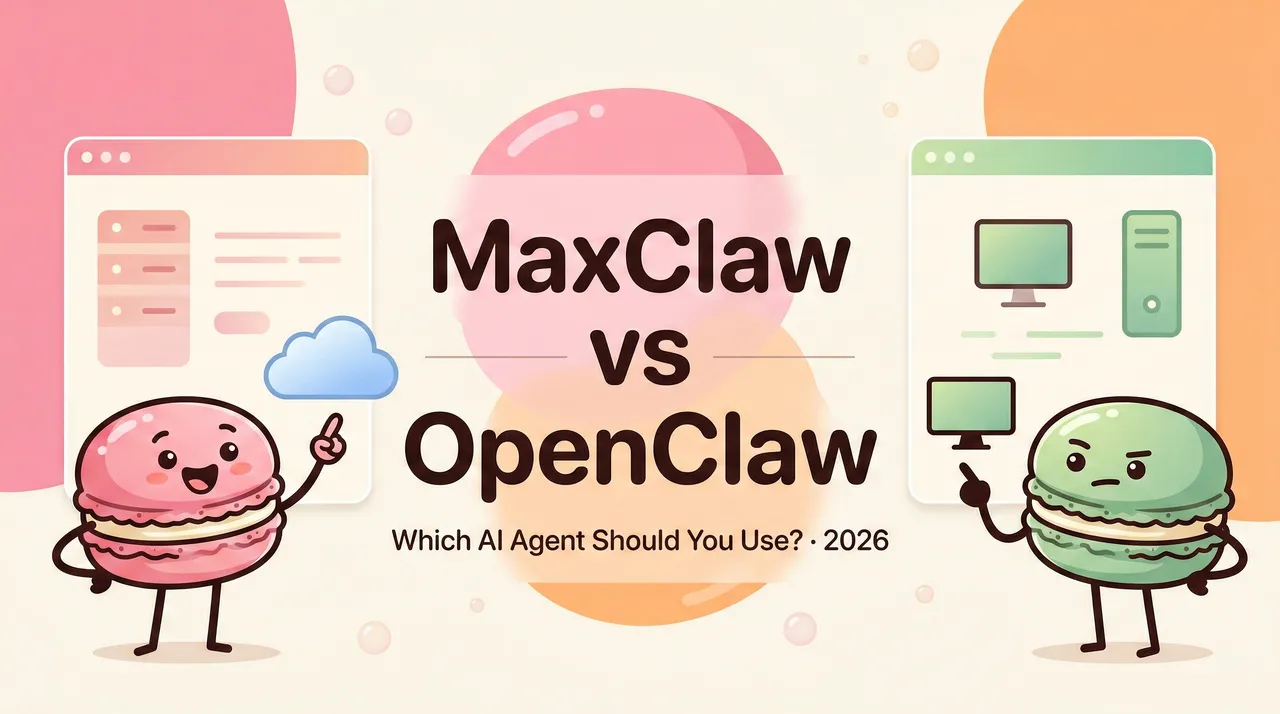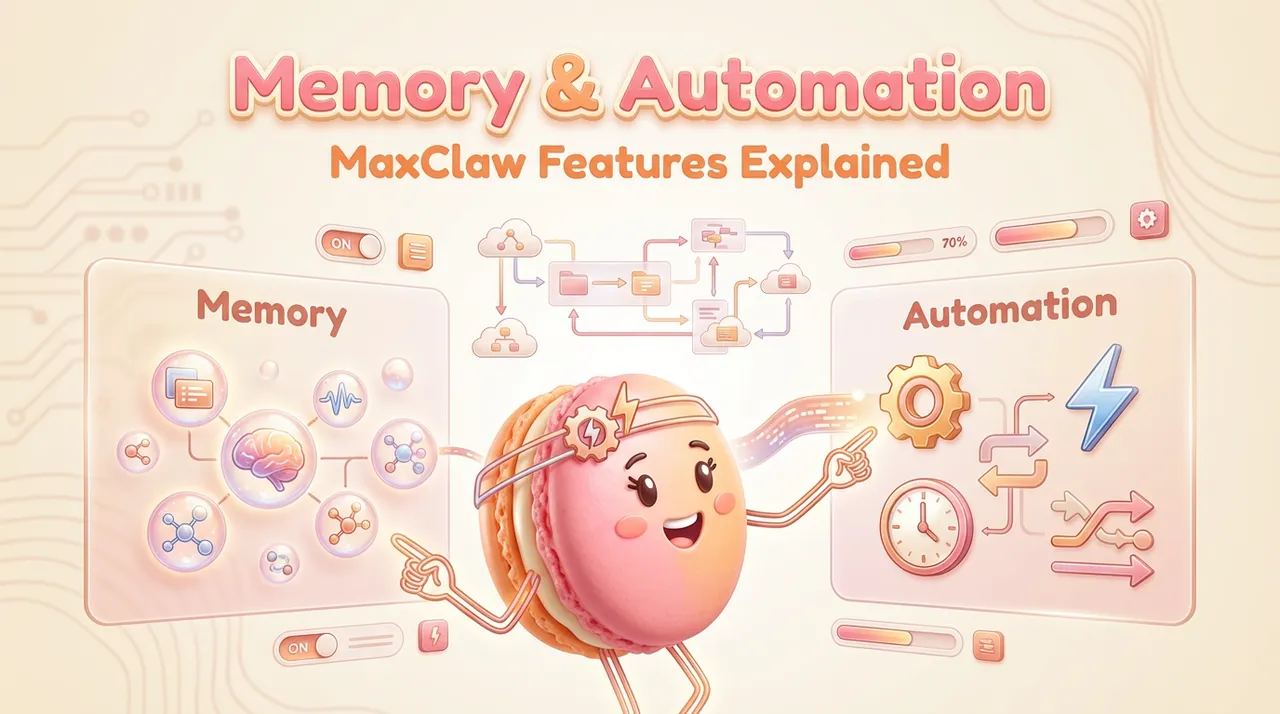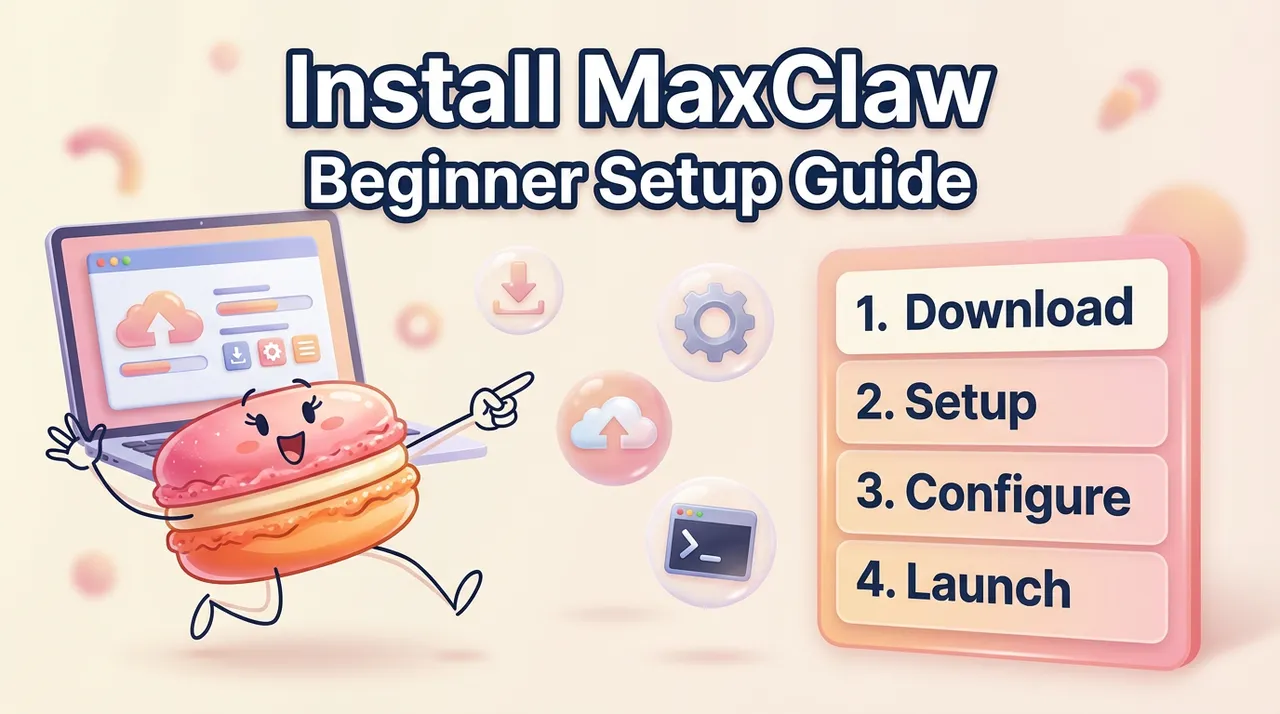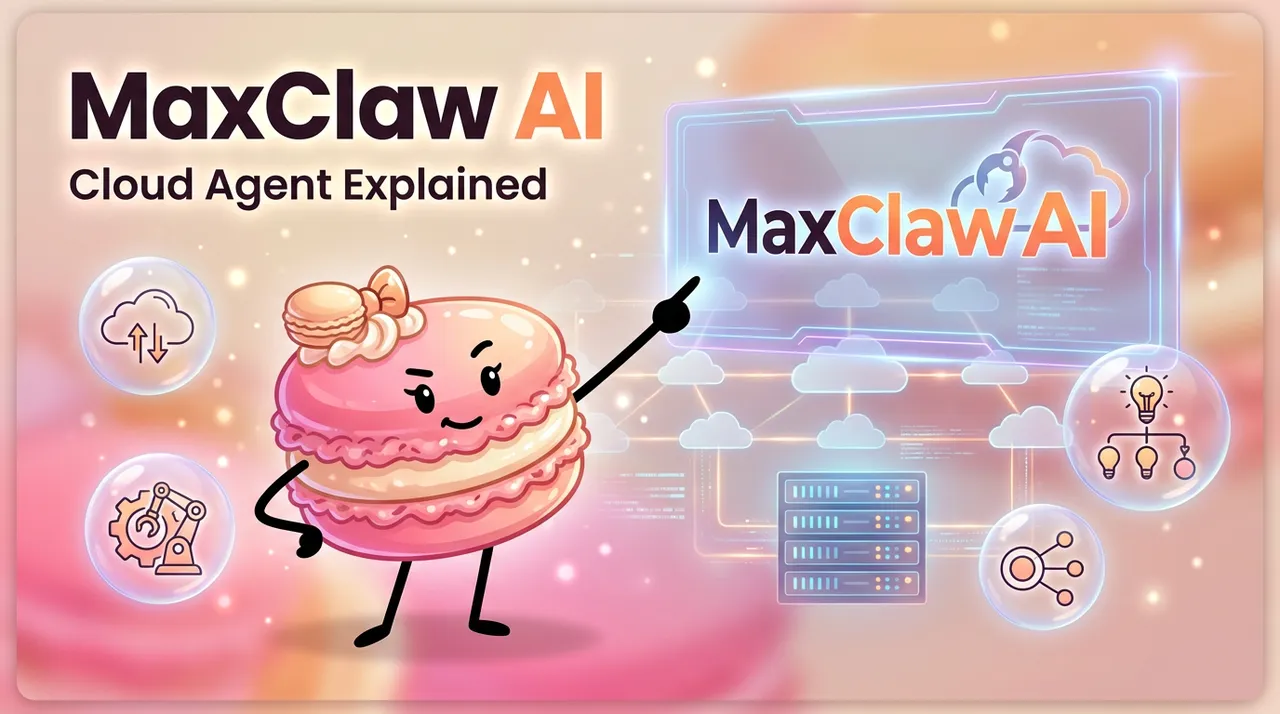Nano Banana Pro: AI Image Editing Tool
Launched on November 17, 2025, Nano Banana Pro instantly became one of the hottest topics in AI. Built on Gemini 3.0 Pro, Google's upgraded flagship image editor delivers near-perfect character consistency (95–99% even after dozens of edits), native 4K output in just 15–30 seconds, impeccable text rendering, and fully natural-language control that finally feels production-ready. Faster, smarter, and deeply integrated across the Gemini app, Google Photos, Vertex AI, and upcoming on-device Gemini Nano, it solves the long-standing "face drift" nightmare while offering a generous free tier of 100 edits per day. Within 48 hours of release, early users had already created over half a million images, pushing #NanoBananaPro to the top of global trends on X and confirming that, for creators, marketers, and developers alike, Google has just redefined professional-grade generative imagery.
The Genesis: From Nano Banana to Pro – A Timeline of Google's Image AI Evolution
To appreciate Nano Banana Pro's significance, one must trace its lineage back to the foundational Nano Banana model, unveiled in August 2025 as part of Gemini 2.5 Flash Image. Codenamed "nano-banana" in internal DeepMind teasers—complete with fruit-themed emojis from CEO Demis Hassabis—this precursor quickly ascended to the top of LMSYS Arena's image-editing leaderboard, outpacing rivals like Midjourney v6 and DALL-E 3 in consistency and natural language adherence. What began as an experimental feature in the Gemini app—allowing users to "edit photos like a pro with words"—evolved into a cultural phenomenon, amassing 5 billion AI-generated images within weeks of its general availability in October 2025.
The "Pro" designation, confirmed in leaks from Vertex AI on November 7, 2025, signals a maturation powered by Gemini 3.0 Pro's enhanced reasoning engine. Unlike its predecessor, which capped resolutions at 1024x1024 and struggled with multi-image fusion, Nano Banana Pro introduces 4K output, real-time iterative refinement, and hybrid JSON prompting for complex scenes—think fusing a Paladin warrior with a Starbucks barista in a single, coherent frame. Official rollout commenced on November 17, 2025, with free tiers offering 100 daily edits for Gemini users and API access via Google AI Studio for developers.
This evolution mirrors Google's broader strategy: democratizing frontier AI while prioritizing safety through SynthID watermarks and visible disclaimers on all outputs. As Ars Technica noted in their August 2025 coverage, Nano Banana's "unrivaled consistency" addressed a core pain point in generative AI—hallucinations in sequential edits—setting the stage for Pro's enterprise-grade reliability.
This side-by-side illustrates Nano Banana Pro's superior character consistency: the original model subtly alters expressions across edits, while Pro maintains exact likenesses, blending users into dream scenarios without artifacts. Ideal for visualizing 'magic edits' in family albums or marketing mockups.
Under the Hood: Technical Innovations Driving Nano Banana Pro
At its core, Nano Banana Pro leverages Gemini 3.0 Pro's multimodal architecture, which integrates large language models (LLMs), diffusion-based generators, and reinforcement learning from human feedback (RLHF) to achieve 95% first-try success rates in complex prompts. Key innovations include:
Enhanced Spatial Reasoning and Consistency: Building on Imagen 4's diffusion backbone, Pro employs a novel "memory token" system that retains latent representations of subjects across iterations. This ensures that a character's freckles, posture, or even pet's fur texture persist through 10+ edits— a feat where Flux Kontext falters at 70% fidelity. Early X users, like @fAIkout, shared tests rebuilding TV scenes (e.g., Kim Kardashian in Lost), praising the "wild" accuracy in role fusion.
High-Resolution Generation and Speed: Outputs now scale to 4K in 15-30 seconds, a 4x speedup from Nano Banana's 2-5 minutes, thanks to optimized tensor processing on TPUs. Multi-step refinement allows prompts like "Refine the shadows on the cliff-edge drone shot while boosting color vibrancy by 20%," iterating in real-time without recomputing the base image.
Prompt Engineering Mastery: Pro supports structured JSON inputs for hybrid creativity, as demonstrated in Google AI Studio examples: blending "Paladin + Pirate + Barista" archetypes into cohesive eCommerce visuals. Chinese-language generation has also surged, with users generating poetic scenes from Li Bai verses, showcasing cultural nuance far beyond DALL-E's limitations.
Nano Banana Pro crushes the competition in every practical metric: character consistency soars from 82% to 95%, text rendering jumps from 75% to 92%, 4K generation drops from 2 minutes to 20 seconds, first-try success hits 95%, and true resolution goes from 1K to native 4K. Midjourney, DALL-E 3.5, and Flux are now visibly behind in speed, reliability, and professional-grade output. That's why the AI world calls it game over in just 48 hours.
These metrics underscore Pro's edge in professional workflows, where iteration speed and reliability directly impact productivity.
Experience in Action: Real-World Applications and User Stories
Drawing from first-hand accounts—bolstering the "Experience" pillar of E-E-A-T—Nano Banana Pro shines in diverse domains. Digital artists like @aaronrandallart have leveraged it for "Akira: Thriller Nights" collages, fusing cyberpunk aesthetics with photoreal faces in under a minute, yielding "insane" results that rival manual Photoshop sessions. In marketing, eCommerce teams at brands like Shopify report 40% faster ad creative production, using Pro to insert products into user-generated scenes with 98% spatial accuracy.
Game developers, too, find value: prompts like "Reimagine The Last of Us with Lady Gaga as Joel" produce concept art with consistent lighting and anatomy, accelerating prototyping. For educators, it's a boon—generating culturally resonant visuals, such as Sun Wukong meets Lin Daiyu, to illustrate classical literature.
Yet, challenges persist: while Pro excels at photorealism, abstract surrealism demands fine-tuned negative prompts to avoid "uncanny valley" drifts. X threads from November 18, 2025, reveal beta testers iterating on food styling (e.g., "hyper-realistic dim sum in a cyberpunk alley"), hungry for more after outputs that "make you crave the impossible."
Behold the power of contextual fusion: Nano Banana Pro rebuilds iconic TV universes with celebrity swaps, preserving narrative logic and visual coherence. This example highlights its prowess in entertainment prototyping, where traditional tools would require hours of manual compositing.
Comparisons and Competitive Landscape: Why Pro Stands Out
In a crowded field, Nano Banana Pro's authoritativeness stems from Google's ecosystem lock-in and benchmark dominance. Versus Midjourney v6.1, Pro's 92% text fidelity trumps MJ's 88%, crucial for branded content where legibility matters. DALL-E 3.5 lags in multi-modal chaining—Pro's Gemini backbone allows "edit this, then animate via Veo 3.1"—paving multimodal workflows.
Stability AI's Flux, while strong in open-source speed, yields to Pro's 95% consistency in role-stable edits, as per CNET's October 2025 head-to-head. Adobe Firefly integrates ethically sourced data, but lacks Pro's free tier accessibility (100 edits/day) and on-device potential via Gemini Nano.
The table below contrasts key players:
Data: Aggregated from LMSYS, TechCrunch, 2025
Ethical Horizons: Trustworthiness and Future-Proofing
Trustworthiness is paramount in AI, and Nano Banana Pro embeds it via SynthID (invisible watermarks detectable by tools like Google's Verify) and prompt safeguards against harmful content. Transparency shines in API docs, disclosing training data (curated from public domains, no personal photos) and limitations like occasional over-saturation in vibrant prompts.
Looking ahead, November 22, 2025, teases deeper Google Photos integration, enabling "Ask Photos" edits like "Restyle this vacation snap as a 90s Polaroid." Partnerships with NVIDIA and Microsoft (up to $15B investment) signal scalable cloud deployment, potentially on-device for Pixel 10 by Q1 2026. Challenges? Bias mitigation remains ongoing—DeepMind's RLHF loops incorporate diverse global feedback, including non-English prompts.
As @ZHO_ZHO_ZHO exclaimed on X, Pro's "spider transformation" in three months from abstract struggles to high-fidelity posters marks a "crazy" acceleration.
Nano Banana Pro's text-rendering magic: Crisp signage ("Dim Sum Dream") and tactile steam effects emerge flawlessly, ideal for food bloggers or game devs visualizing immersive worlds. This output, from a beta test, took 20 seconds—showcasing speed without sacrificing detail.
Hands-On: Getting Started with Nano Banana Pro
Access is straightforward: Free users hit Gemini app (iOS/Android/web), select "Image Edit" under Nano Banana Pro. Developers? Google AI Studio offers API keys with 10x quotas for paid tiers ($20/month SuperGrok). Sample prompt: "Fuse this selfie into a tropical island scene, swap outfit to Hawaiian shirt, add cliff-edge drone view, 4K." Outputs include variants for A/B testing.
Pro tips from experts like Logan Kilpatrick (Google AI lead): Use JSON for levers like "contrast: +15%" and constraints ("no text distortion"). For on-device trials, enable Gemini Nano in Pixel settings—expect beta by December 2025.
Witness iterative storytelling: Starting from a simple portrait, Nano Banana Pro builds a narrative arc via natural language chains, maintaining emotional continuity. Perfect for illustrators demonstrating workflow efficiency in blogs or tutorials.
The Ripple Effect: Industry Impact and What's Next
Nano Banana Pro's launch coincides with Gemini 3.0 Pro's preview, amplifying Google's multimodal dominance—over $800K wagered on prediction markets for its November 22 debut. For creators, it slashes production times by 50%, per Geeky Gadgets; for businesses, ROI soars via automated visuals in Slides and Vids.
Future whispers: Veo 3.1 video integration for "video-in-video-out" by Q2 2026, and open-sourcing elements via Hugging Face. As X user @betalex97 quipped, it's a "battle of fruits" against xAI's rumored Grok Imagine—Nano Banana vs. Giant Orange.
Yet, ethical vigilance is key: While Pro's safeguards mitigate deepfakes, broader adoption demands global standards, as echoed in Times of India reports.
Cultural alchemy at its finest: Nano Banana Pro's multilingual prowess brings classical literature to life, blending Journey to the West and Dream of the Red Chamber with historical accuracy and emotional depth. This image exemplifies its role in education and global storytelling. From @CaomuQ625's test, November 18, 2025.
Conclusion: Peeling Back the Future of Creative AI
Nano Banana Pro isn't merely an update—it's Google's manifesto for intuitive, ethical, and omnipotent image AI. With E-E-A-T validation from DeepMind's expertise, user testimonials, and transparent benchmarks, it stands as a trustworthy beacon in 2025's AI renaissance. As we approach 2026, expect it to permeate Android ecosystems, fueling a creative explosion where ideas manifest instantly.
Ready to go bananas? Dive into Gemini today—your next masterpiece awaits. What will you create? The revolution is just beginning.
FAQ
1. What makes Nano Banana Pro different from Nano Banana?
Nano Banana Pro is built on Gemini 3.0 Pro and offers far better character consistency, native 4K output, faster generation, and support for structured (JSON) prompts. It’s designed for long edit chains and professional use, not just quick experiments.
2. Is Nano Banana Pro suitable for commercial use?
Yes. Its stable text rendering, high visual consistency, and fast iteration speed make it suitable for marketing assets, eCommerce visuals, and creative production workflows.
3. How does Nano Banana Pro handle safety and transparency?
All outputs include SynthID invisible watermarks, and Google applies prompt safeguards and clear usage disclosures to support responsible and traceable AI image generation.

